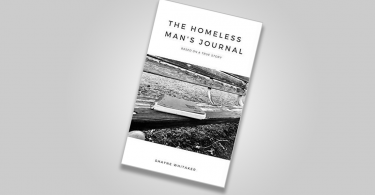Before I get started, I’ll say this…It’s going to be difficult to review this We Are All Completely Beside Ourselves without giving away spoilers. There’s a bit of a twist, to say the least.
This novel received rave reviews. It was shortlisted for the Man Booker Prize 2014. I was excited to read it. And, reading the blurb, I thought I had a pretty good idea of what it would be about. Troubled teen negotiating high school life whilst grappling with a dark family secret. You know the type. I love those kind of books…But for Fowler’s novel, this was only the tip of the iceberg.
Ethically challenging
We Are Completely Beside Ourselves turned out to be nothing like I’d expected. It’s scientific and psychological , blending theory and research with fiction to create a dynamic, thought provoking text, one that any lover of fiction can call on if they’re ever in the fiction versus nonfiction debate- yes, you really can learn just as much from fiction. And, whereas we all expect an emotional rollercoaster from a bestseller, this novel is not just emotionally challenging, but ethically challenging. It actively engages in the debate on the role of the human conscience in research and experimenting, raising essential ‘right or wrong’ questions with every page.
It makes you think about what it means to be human
But wait, don’t click that little ‘x’ in the corner of your screen yet- if you’re put off because you think We Are All Completely Beside Ourselves is sounding a little too much like a textbook, don’t worry, I’m only half done. What Fowler does so expertly is make all this science relevant to a human, heart-wrenching story about family ties and loyalty. There are characters to love, broken relationships you hope will heal, fallouts and friendships, love and loss. All university students are aware of that generally accepted gulf that divides science and humanities students, but Fowler’s novel shows the two are far from irreconcilable; in fact, it shows just how important each one is for the other. Ultimately, it’s a novel that makes you think, in every sense, about what it means to be human.
A rewarding read
Admittedly, it’s not always an easy read. Chronological structure is long forgotten in this novel, as the protagonist Rosemary fractures stories, her own and those of others, into beginnings, middles and ends, and plays around with the order in which she tells them, relying on her own memory and interpretation to tell the story. So, it’s a little disjointed. But if you can get past this, it’s worth it; the very idea of memory is central to the most important themes of the novel, and it’s a rewarding read once you start piecing together the different parts of Rosemary’s story. Moving between different periods of Rosemary’s life, and all the people she’s encountered along the way, this isn’t necessarily the kind of book where you’ll feel so close to the protagonist you could be BFFs. But it works, because Rosemary is, in keeping with the novel’s key ideas, a product of her upbringing. But she’s also feisty, interesting, funny, engaging, and, by the end of the novel, she’s a pretty good example of what it means to be courageous, loyal and independent.








